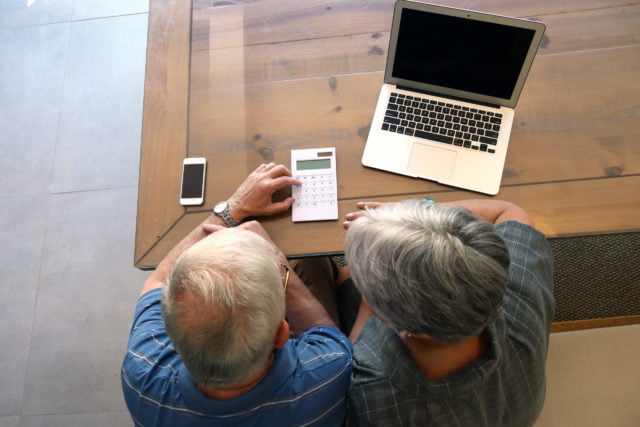
Retirees Intent on Leaving Homes to Kids
Every year, older homeowners leave billions of dollars worth of the wealth locked up in their houses to their adult children.
This is a paradox if one considers that home equity is one of retirees’ primary assets and could be a crucial source of income for people who are “house rich and income poor.” Retirement experts searching for an explanation have long wondered whether the deceased had intended to leave the house to family or simply died before they were able to cash in on the equity and spend it.
A new study has an answer: retirees have every intention of letting family members inherit their homes. The people in the study who expressed a stronger desire to leave an inheritance of at least $10,000 were much less likely to sell their homes before they died – with the intention that the house would be part, if not all, of that inheritance.
The foundation for this study is a precise estimate of the housing decisions being made in the final two years of life from a survey of older Americans. The researchers counted as many people as possible, including the deceased – their final living status came from interviews with next of kin – as well as people who continued to be homeowners after going into hospice or a nursing home.
The homeownership rate in the older population peaks around age 70 and starts falling precipitously after 80. But when the elderly in the study died, about half of them still owned their homes, while the other half had sold them and moved into rental housing.
At younger ages, the retirees had been asked to estimate the probability, from 0 (no chance) to 100 (definitely), that they would leave a financial inheritance. Based on this information, the researchers found that those who had said they had a high probability of leaving an inheritance remained in their homes.
There is also a financial advantage to the owner of not selling the house to avoid the capital gains tax, especially if the price appreciated dramatically during their lifetimes. The researchers didn’t account for this incentive in their analysis.
But they did find that the desire to leave a bequest is so compelling that parents held on to their homes even after predicting they might need to pay for nursing home care within a few years.
Instead of using home equity for their own needs, many retirees seem determined to leave something to their children.
To read this study, authored by Gary Engelhardt and Michael Eriksen, see “Intended Bequests and Housing Equity in Old Age.”
The research reported herein was derived in whole or in part from research activities performed pursuant to a grant from the U.S. Social Security Administration (SSA) funded as part of the Retirement and Disability Research Consortium. The opinions and conclusions expressed are solely those of the authors and do not represent the opinions or policy of SSA, any agency of the federal government, or Boston College. Neither the United States Government nor any agency thereof, nor any of their employees, make any warranty, express or implied, or assumes any legal liability or responsibility for the accuracy, completeness, or usefulness of the contents of this report. Reference herein to any specific commercial product, process or service by trade name, trademark, manufacturer, or otherwise does not necessarily constitute or imply endorsement, recommendation or favoring by the United States Government or any agency thereof.
Comments are closed.







This post is so helpful. Thank you for sharing your knowledge! Much appreciated. Thank you for being precise, thorough, helpful, and very knowledgeable! It’s beyond wonderful to witness one of our own helping others.
I would definitely tap my home equity if I trusted reverse mortgages — which I do not at this time. I have no heirs to leave money to and I know I could use the equity in my home to have a better lifestyle. I have no pension just a 401(k), an IRA, and savings plus Social Security. I will be 67 in September and I need to make some decisions while I am relatively healthy. My employer died in April of complications due to Covid 19. He always talked of retirement but sadly at 77 never got the chance. I do not want to be like him.
The capital gains comment seemed misleading since there is a sizable exemption on gains from sale of your primary residence. https://www.irs.gov/taxtopics/tc701